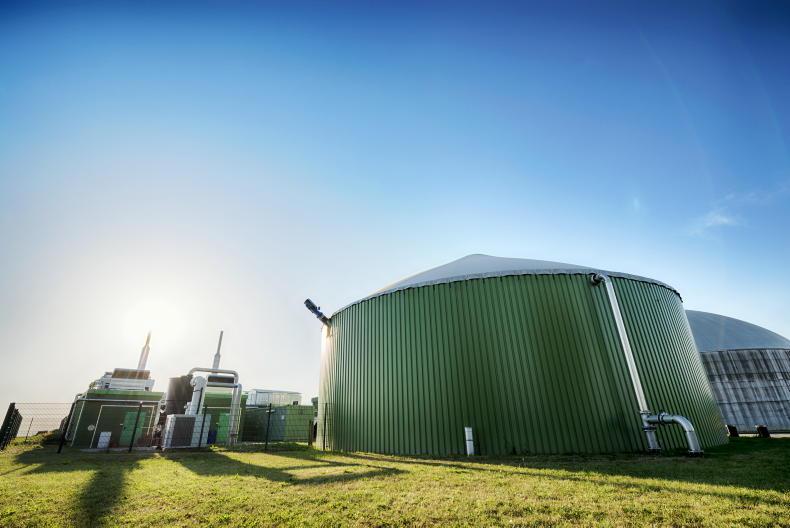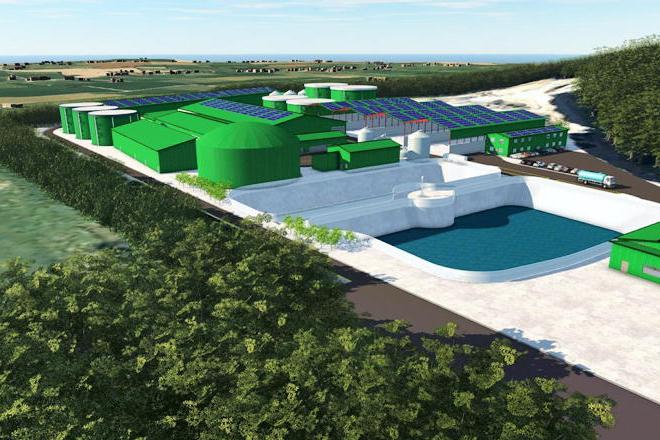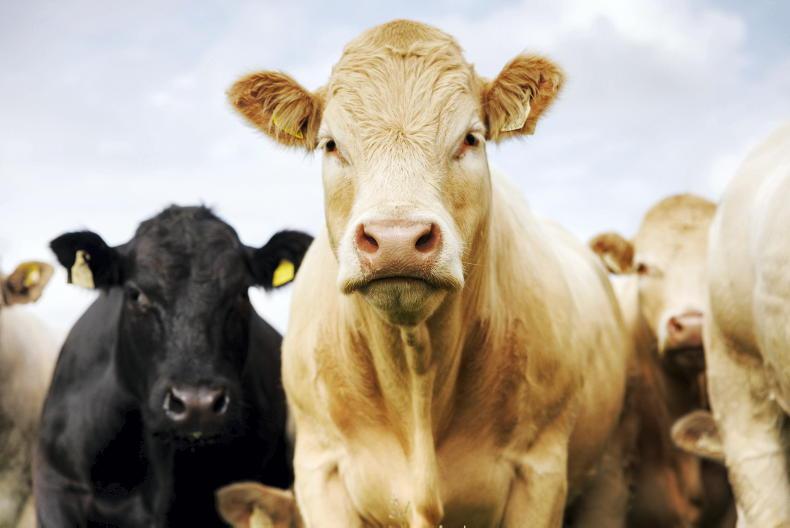Over the past 12 months, there has been a step change in the trajectory of Ireland’s renewable energy policy.
There is now a clear commitment by Government to include farmers in the green transition.
The majority of these developments have been in the renewable electricity sector, with the Clean Export Guarantee and the micro-generation scheme due to be launched next year.
Both schemes will reward farmers for exporting excess renewable electricity produced on farms to the grid once conditions are met.
However it’s the next step, the small-scale generation scheme, which should be of real interest to farmers. While few details have been announced, the scheme is expected to allow farmers, communities and businesses to develop renewable electricity projects from 50kW to 1MW in size. This could be a real income generation opportunity for farmers if the scheme is developed correctly.
This year saw the first public acknowledgment by the Government of the need to develop an anaerobic digestion industry. The Climate Action Plan, which aims to reduce emissions by between 22% and 30% in the agriculture sector, set a target of 1.6 terawatt hours (TWh) of biomethane produced from farms per annum by the end of the decade. Farmers now eagerly await to see what support policies will be announced in 2022 to allow this to happen.
This focus covers a number of aspects in relation to renewable energy. This week, ifac’s Declan McEvoy runs through the key tax implications when working with solar or wind farm developers.
As well as the discussion with Declan, we explore the untapped potential of Ireland’s biomass industry and look at a new rooftop solar PV joint project launched by Bord Gáis Energy.
We also talk to David Shortall about his research on co-operative anaerobic digestion models.










SHARING OPTIONS